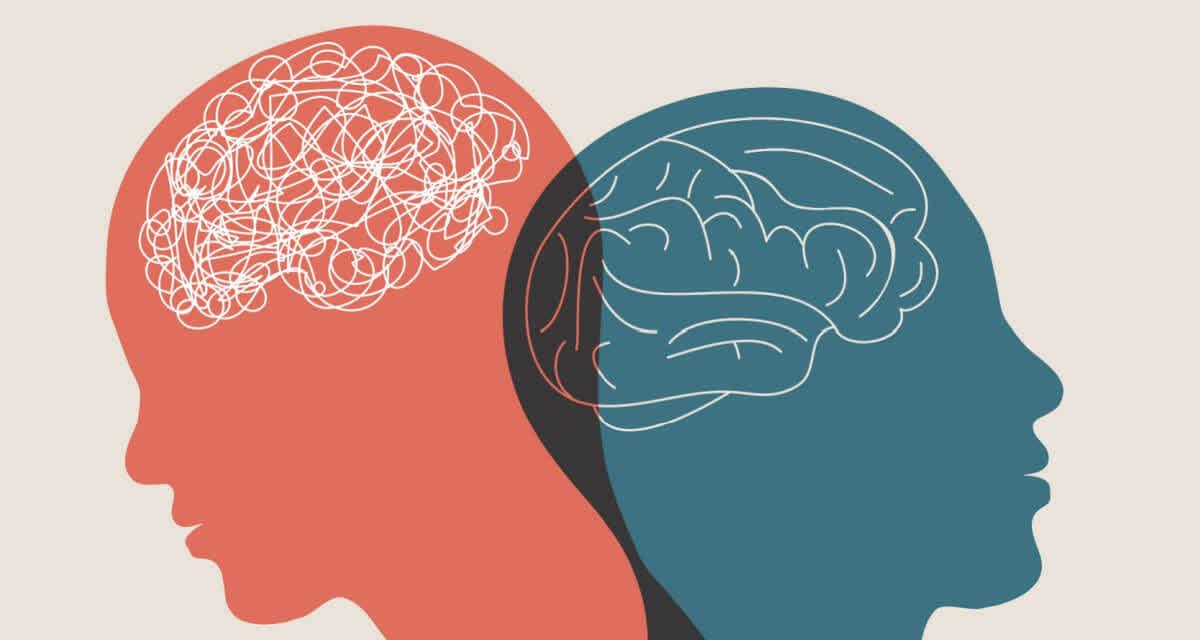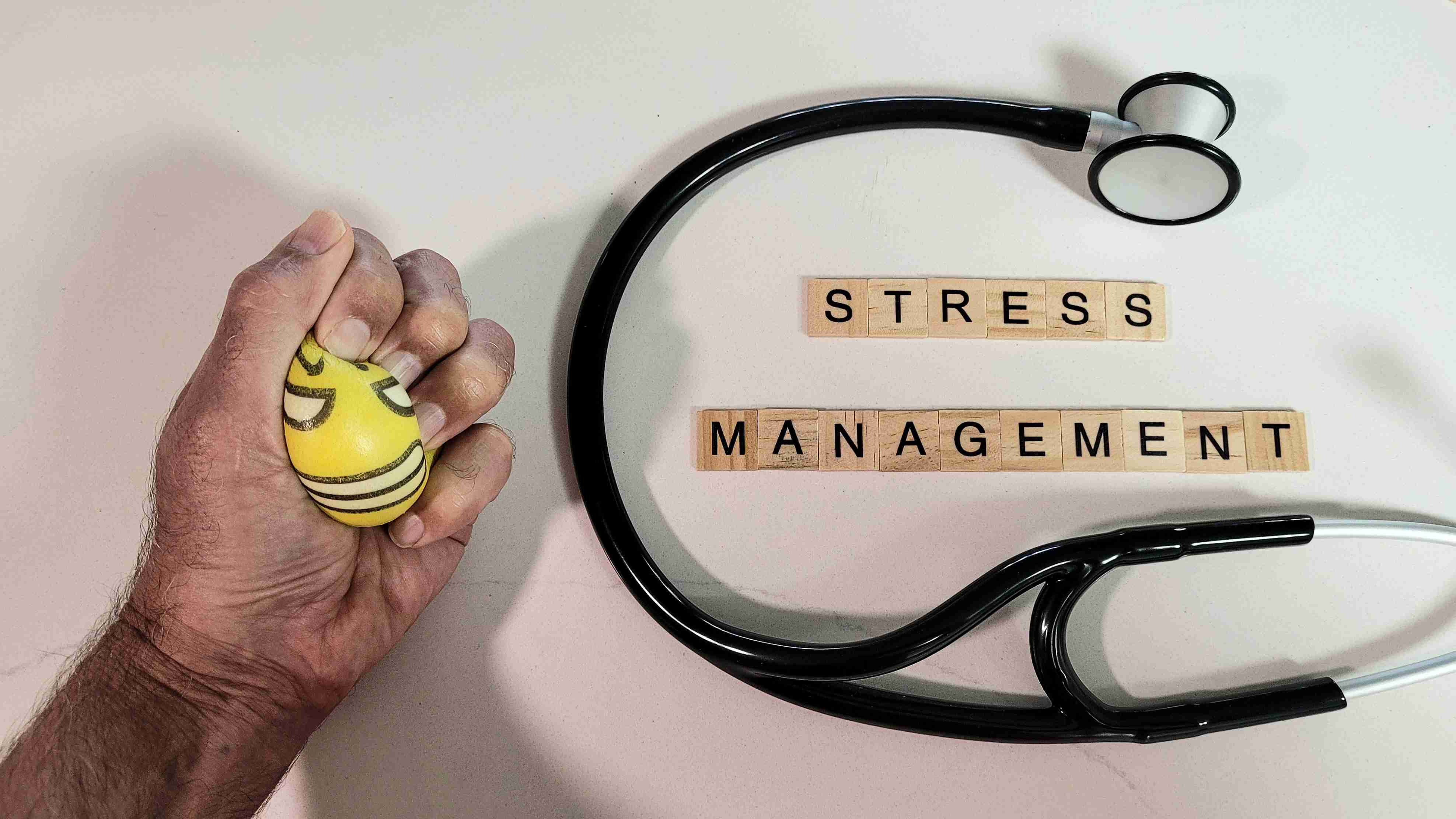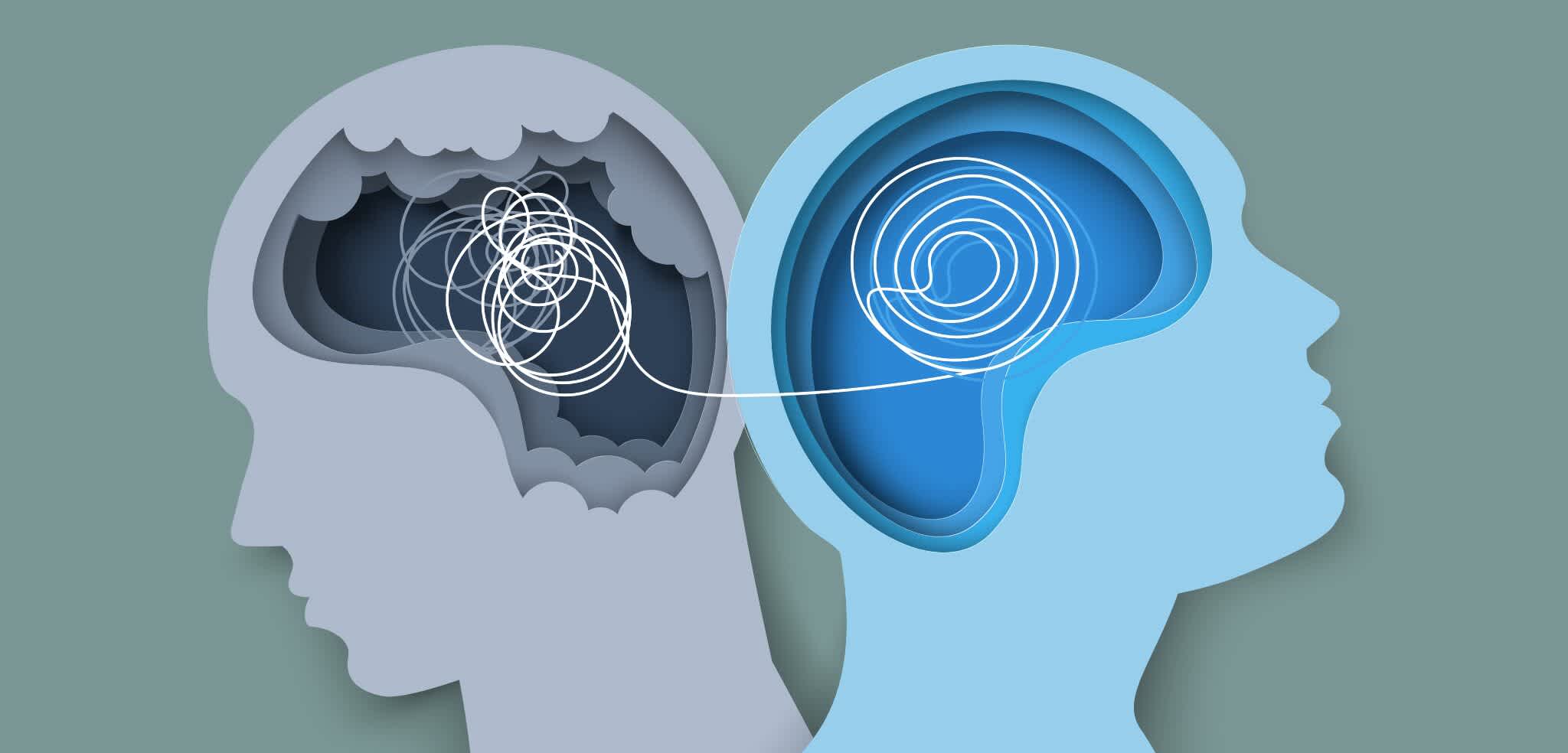
How Many Salts We Need Per Day And Salt Side Effects On Body

Salt contains sodium and chloride. It is the biggest source of sodium. Further, some salts contain calcium, zinc, iron, etc. It is very useful for our bodies.
Moreover, salt is a flavoring agent. Without it, we can not imagine food. It also maintains fluid levels in the body, so salt is necessary for the liver, heart, kidneys, etc.
The Side Effects of Salt
Blood Pressure:
If you take too much salt, your blood pressure will be high. Further, it is linked to hypertension.
Unhealthy Heart:
If you already have heart disease, you must control your salt intake. Salt retains water in your body, and you may have a heart attack.
Bone Unhealthy:
You may listen to this: If you eat a lot of salt, your bones will be weak.
Further, an experiment shows a man who takes high salt has weak bones. But who takes a fixed amount of salt? He has no more effect on his bones.
Effect On Kidney:
When you take it, it goes through the kidneys. For example, I mixed one kg and then gave it to you. Can you drink this?
The answer is no. This is happening to your kidneys and other organs, so take a low amount of it.
Overweight:
This is its biggest drawback: Because it holds water in your body, you look bulky. And this is water weight, not your muscle weight.
For example, you may see many people have thick skin on the muscle. This is the water that holds your skin.
Salt Benefits
It acts as an electrolyte in our bodies. Further, it maintains fluid in our bodies. Moreover, our brains have 90% of water. Then, it is important for your nervous system.
When you want to reduce your water weight, you must decrease your intake. For example, you can see many bodybuilders before their competition reduces their intake.
So the reason behind this is that the body flushes water under your skin. You can see the muscles very clearly. So, it has low benefits but is a high risk for your body.
Dosages:
If you are an adult, you can take 6g in a day, but a child takes only 2g per day.






